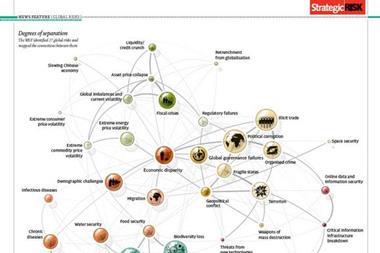Ships face severe stability problems as a result of liquefacation of cargoes
The London P&I Club says it continues to receive reports of incidents in which ships have faced severe stability problems as a result of the liquefaction of cargoes of nickel ore mined in Indonesia and the Philippines. In one case, a ship capsized within 48 hours of departure.
Writing in the latest issue of its StopLoss Bulletin, the Club said: “Identifying the risk of liquefaction is clearly of vital importance for safe carriage, and the Code of Safe Practice for Solid Bulk Cargoes (BC Code) sets out the standard methods of determining the Flow Moisture Point of cargoes which may liquefy. However, those test procedures were developed primarily for homogenised metal concentrates, whereas nickel ore is not homogenous and is largely composed of a clay-like material mixed with harder lumps of various sizes. Moreover, metal concentrates have a typical moisture content of about ten per cent, whereas nickel ore often has a moisture content in the range of twenty-five to forty per cent.
“Several recent expert reports emphasise that the difference in the characteristics between nickel ore and a metal concentrate means that great care is required when testing nickel ore to maximise the prospect of obtaining accurate data on the Flow Moisture Point. Yet some exporters appear to rely on imprecise test procedures which can lead to an inaccurate description of the true flow characteristics.”
The Club has seen several recent cases in which owners have challenged documentation provided by shippers which purported to confirm that the cargo was safe for shipment. In each case where there was doubt as to the condition of the nickel ore, the so-called ‘can test’ - which involves the striking against a hard surface of a can filled with ore - proved to be a practical and useful method of obtaining an early indication of the possibility of cargo flow. And in some instances, following further advice from experts and - where appropriate - independent laboratory testing, the cargoes were rejected as being unfit for shipment.
The Club added: “Members considering the carriage of nickel ore should be very cautious about relying on the shippers’ documentation alone, and are reminded that guidance on how to conduct the can test is set out in Section 8 of the BC Code.”

















